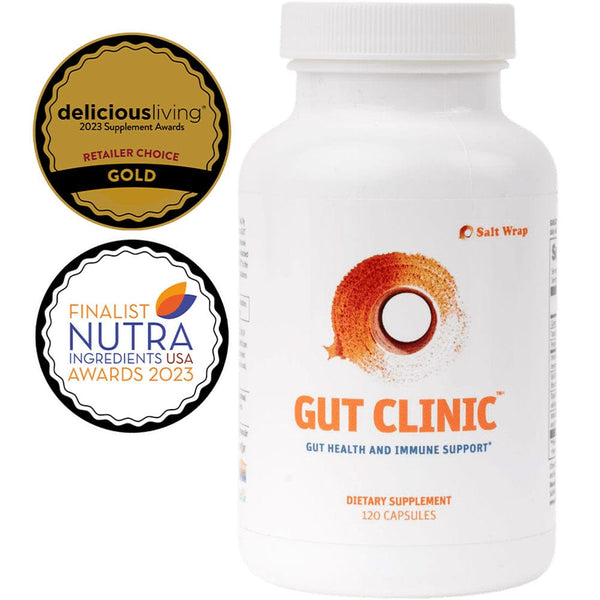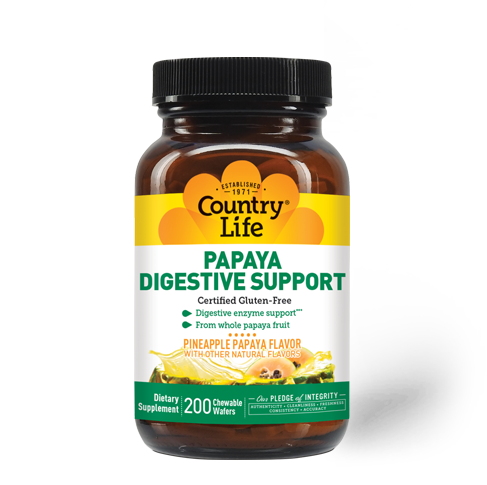Discover the Key to Food Digestion and Immunity With Digestive Tract Wellness Assistance

Comprehending Digestive Tract Health
Understanding gut health and wellness is important for total health, as it plays a significant duty in digestion, immunity, and even mental health and wellness. The digestive tract, comprising the stomach tract, is responsible for damaging down food, soaking up nutrients, and removing waste. A well balanced intestine setting ensures effective digestion, enabling the body to use nutrients successfully.
In addition, gut health and wellness substantially influences the immune system. The gut houses a significant part of the body's immune cells, and a healthy and balanced intestine can assist ward off virus and minimize inflammation. Interruptions in gut wellness can bring about an overactive immune action, potentially contributing to autoimmune disorders and allergies.
In addition, the gut is often referred to as the "second mind" because of the gut-brain axis, an intricate communication network connecting the brain and the gut. This link influences mood, cognition, and emotional health. Issues such as dysbiosis, defined by an inequality in gut bacteria, have actually been related to psychological health and wellness conditions, consisting of anxiety and clinical depression.
The Intestine Microbiome Explained

The intestine microbiome, a diverse neighborhood of bacteria staying in the intestinal system, plays a pivotal function in preserving digestive health and wellness and overall well-being. Making up trillions of microorganisms, viruses, fungis, and various other microorganisms, this complicated environment help in the digestion of food, the synthesis of vital nutrients, and the law of metabolic processes.
Each person's intestine microbiome is special, affected by factors such as diet plan, way of living, genetics, and ecological exposures. A balanced microbiome sustains ideal food digestion by damaging down complicated carbs, creating short-chain fats, and facilitating the absorption of nutrients. On the other hand, an inequality, typically referred to as dysbiosis, can lead to digestion disorders, consisting of cranky digestive tract syndrome (IBS) and inflammatory bowel illness (IBD)
Study has actually demonstrated that a diverse microbiome is related to better health outcomes, emphasizing the significance of nutritional selections in nurturing these bacteria. Foods abundant in fiber, probiotics, and prebiotics, such as fruits, vegetables, and fermented products, can promote a healthy and balanced microbiome. Comprehending the gut microbiome is important for establishing targeted interventions aimed at enhancing gastrointestinal health and wellness and protecting against stomach diseases.

Connection In Between Digestion and Resistance
A durable connection exists between digestion and immunity, highlighting the critical function of the gut in preserving total health. The intestinal tract is home to trillions of microbes that form the digestive tract microbiome, which substantially affects both digestive processes and immune feedbacks. This complex ecosystem aids in breaking down food, soaking up nutrients, and giving important metabolites that support immune feature.
When digestion is reliable, the gut barrier remains undamaged, preventing dangerous virus from getting in the blood stream (gut health supplement). On the other hand, poor food digestion can result in an inequality in the microbiome, causing dysbiosis, which has been linked to various wellness problems, including inflammatory problems and autoimmune diseases. About 70% of the immune system resides in the gut-associated lymphoid tissue (GALT), which engages carefully with the intestine microbiome. This interaction makes certain that the body immune system can properly compare valuable and dangerous materials.
Tips for Sustaining Gut Health And Wellness
Supporting gut health is vital for preserving both digestive efficiency and a well-functioning body immune system. To promote optimal digestive tract useful reference health, take into consideration including numerous useful strategies right into your daily regimen.
First, focus on hydration. Drinking adequate water sustains food digestion and helps keep the mucosal lining of the intestinal tracts. Additionally, routine physical task can improve gut mobility and promote a varied microbiome.
Conscious eating methods are also crucial. Chewing food completely and consuming gradually can assist digestion and protect against overindulging, which might learn this here now emphasize the gut. Taking care of stress and anxiety through strategies such as reflection, yoga exercise, or deep-breathing workouts can positively influence intestine health and wellness, as stress and anxiety is known to interrupt digestion procedures.
Incorporating prebiotics and probiotics into your program is one more effective strategy. While specific foods will certainly be gone over later on, comprehending the significance of these elements is essential. Prebiotics work as food for beneficial digestive tract bacteria, while probiotics introduce live useful microorganisms.
Last but not least, avoid excessive usage of prescription antibiotics, as they can interrupt the equilibrium of intestine flora. By complying with these pointers, you can considerably add to the maintenance of a healthy digestive tract, which is vital for overall health and vitality.
Foods That Promote Gut Health

Fermented foods, such as yogurt, kefir, sauerkraut, and kimchi, are abundant in probiotics, which are useful bacteria that sustain gut vegetations and improve digestion. These foods can help recover balance in the digestive tract, particularly after antibiotic usage or gastrointestinal disturbances.
In enhancement to fermented choices, prebiotic foods, such as garlic, onions, asparagus, and bananas, serve as sustenance for these probiotics, promoting their growth and task. These soluble fibers support gut mobility and can alleviate problems like irregular bowel movements.
Additionally, incorporating high-fiber foods, including entire grains, legumes, veggies, and fruits, is crucial for maintaining a healthy intestine. Fiber help in normal digestive tract movements and assists prevent digestive system problems.
Finally, omega-3 fats found in fatty fish, flaxseeds, and walnuts have anti-inflammatory residential or commercial properties that can better support gut wellness. Stressing these foods in your diet plan can bring about a durable digestive system and improved immune feature.
Verdict
In final thought, focusing on intestine health and wellness is necessary for maximizing food digestion and enhancing resistance. A well balanced gut microbiome, affected by nutritional options and way of living factors, plays a critical role in nutrient absorption and inflammation reduction.
Recognizing intestine health is crucial for total wellness, as it plays a considerable duty in food digestion, immunity, and also mental wellness. The digestive tract houses a considerable portion of the body's immune cells, and a healthy digestive tract can aid fend off virus and minimize swelling.Additionally, the gut is usually referred to as the "2nd brain" due to the gut-brain axis, an intricate interaction network linking the brain and the intestine.A robust link exists between food digestion and resistance, highlighting the vital duty of the go intestine in keeping overall health and wellness.In verdict, prioritizing gut health and wellness is vital for optimizing food digestion and improving immunity.